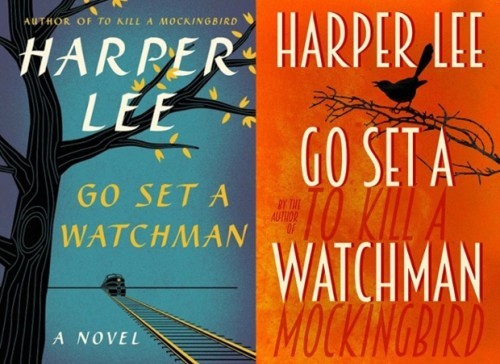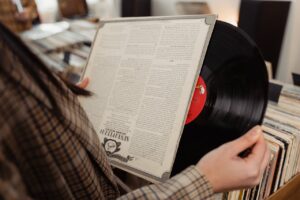Bookstores around the country officially began selling “Go Set A Watchman” at midnight. The novel, by Harper Lee, is the most anticipated book in the publishing industry this year.
Under any circumstances, a second book by the venerated author of “To Kill A Mockingbird”, after decades of literary silence, would be an event.
Indeed, bookstores everywhere scheduled discussions, parties and other activities connected with the book.
But the circumstances surrounding the novel, plus the revelations about its plot, are causing many to wonder how many copies of Watchman HarperCollins actually will sell. (Stop now if by chance you haven’t heard the spoilers reported in the New York Times and the Wall Street Journal this weekend.)
On NPR’s Fresh Air, reviewer Maureen Corrigan dubbed the book “a mess that makes us reconsider a masterpiece.”
Corrigan said,
Go Set a Watchman is a troubling confusion of a novel, politically and artistically, beginning with its fishy origin story. Allegedly, it’s a recently discovered first draft of To Kill a Mockingbird, but I’m suspicious: It reads much more like a failed sequel.
The main shocker, revealed in last week’s reviews, is that Atticus Finch, painted as a saintly character in the original book, is actually a racist. As Corrigan said, “In To Kill a Mockingbird, Atticus was his own man; here, he essentially tells Scout you have to go along to get along. This Atticus, we’re told, joined the Ku Klux Klan in his youth; now, he’s on the local Citizens Council.
Scout Finch, a symbol of spunk to generations of girls who loved Mockingbird, is now 26 and seemingly lost back in her hometown.
Meanwhile, her beloved brother is dead, news that came in an excerpt published by the Guardian last week.
Much is at stake in the publication of Watchman. HarperCollins, owned by News Corporation, ordered two million books printed, capitalizing on the publicity that surround the disclosure of another Lee book. It ranked No. 1 on Amazon.com Monday, due to pre-orders, with Mockingbird listed at No. 2.
But, Amazon customers are able to cancel orders before they are shipped. And while bookstores could open Tuesday with big piles of Watchman, they only pay for the number of books they sell, raising the potential that many copies of Watchman could be sent back.
Watchman is being viewed by some not as a book meant to be read start to finish, but as an example of how an editor found genius in a bloated manuscript. On Monday, the Times profiled Tay Hohoff, Lee’s editor at Lippincott, which originally published Mockingbird.
Meanwhile, Lee’s lawyer, who says she discovered Watchman in a safety deposit box last fall, hinted there may be another unpublished manuscript, meaning Lee may remain in the spotlight.
The discussion about Watchman is certain to resound in literary circles across the country. For story ideas, visit local bookstores and talk to patrons who are buying, or browsing the book. Have any events been canceled? Is Watchman boosting sales of Mockingbird?
You can also talk to librarians for their views on both books, and to local authors for their thoughts on the value of working with a good editor.











